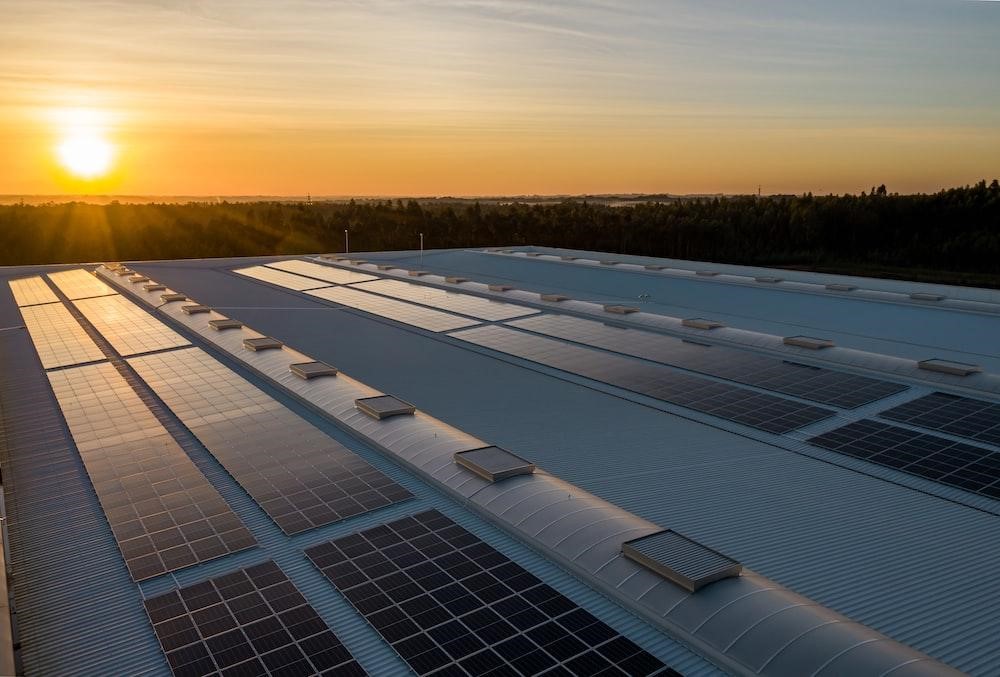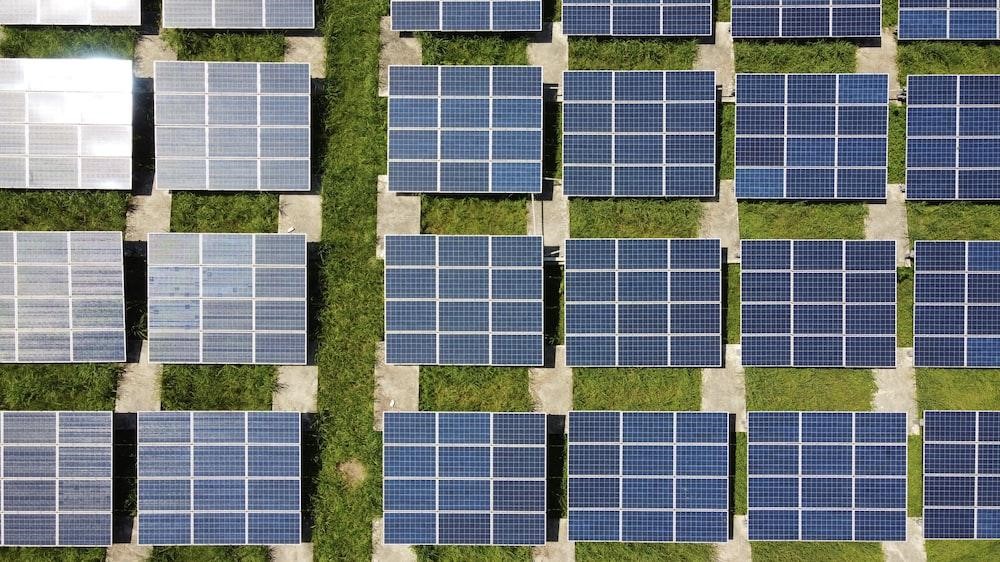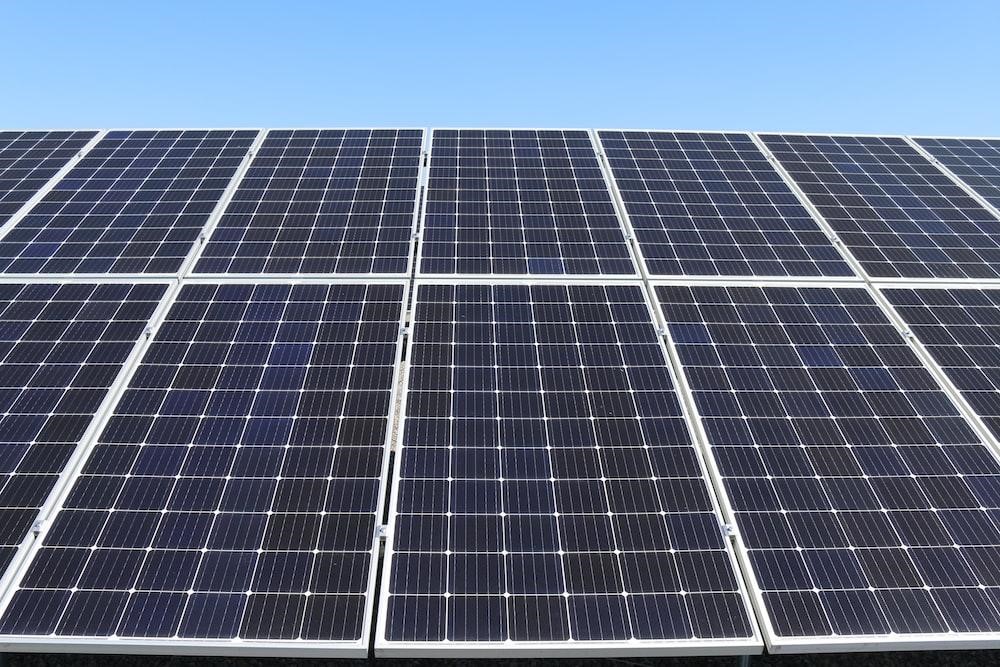
If you have ever wanted to get solar panels for your home in Silicon Valley, you are probably already aware that solar power pricing is dropping across the country. Even so, it is still a significant expense, and some people, perhaps including you, will be hesitant to go through with it. So what can be done to convince those who are still on the fence about solar being the way to go?
When combined with the federal tax credits, one thing which has been effective for people to be convinced to go solar is the Inflation Reduction Act for Solar in Silicon Valley. The Inflation Reduction Act for Solar provides a roadmap for the transition of electricity providers from a system based on fixed charges to one based on price per kWh. In this blog post, we will look at how the Inflation Reduction Act for Solar in Silicon Valley could revolutionize solar energy and what benefits this new policy could provide homeowners.
What Is the Inflation Reduction Act for Solar?
California’s Inflation Reduction Act for Solar (IRAS) is an initiative that helps homeowners save money through solar energy. The program provides rebates for using solar panels to reduce electricity bills in your home. The rebates are available on all new solar installations and any repairs or replacements of existing installations. The Inflation Reduction Act for Solar in Silicon Valley program was created to help homeowners make their homes more sustainable by converting them into net-zero buildings or reducing their overall energy use with solar panels and other renewable energy sources. This program helps homeowners in Silicon Valley save on their utility bills but also helps lower carbon emissions across California and reduces our dependence on fossil fuels that pollute our environment.
Why Is the Inflation Reduction Act for Solar in Silicon Valley So Crucial?
The residents of Silicon Valley are some of the highest in the country when it comes to spending on energy bills; if they invest in solar panels, this act will eliminate a large portion of these bills and allow them to have more money in their pockets. Silicon Valley is also home to many of the top tech companies in the world. This means that many of these residents are one step closer to living a green lifestyle, which is essential because they may want to add more green features to their homes or even convert their entire house into something green and sustainable.
Solar power is one of the most innovative ways people can make their homes more eco-friendly, and this act will allow them to do just that. It will also make it easier for people to move away from fossil fuels and towards something renewable and much safer for our planet. Therefore, this act will encourage people to invest in solar panels for their homes, reducing the amount of money they spend on utility bills.
According to Biden, the energy industry would see a boost in employment by 2030 due to the widespread deployment of solar panels to generate electricity and the construction of 2,300 battery storage systems for power grids. He proposed tax refunds for energy-efficient products and home modifications, a strengthened financial incentive to install solar panels, and a tax credit for electric cars, in addition to the measure’s vital healthcare and green energy advantages.
7 Benefits of the Inflation Reduction Act for Solar in Silicon Valley

The following are the benefits that the Inflation Reduction Act for Solar has for the people of Silicon Valley:
1. By 2030, the Act Will Have Contributed to the Creation of 1.5 Million New Jobs
The Inflation Reduction Act for Solar in Silicon Valley will create millions of jobs in the United States. According to Energy Innovation, this new law could create 1.5 million new jobs by 2030 if it were enacted today. The most significant increase in jobs would be in construction, manufacturing, and sales. These jobs would be good-paying jobs with benefits, paid vacations, and health insurance for all employees working at companies that use solar power in their products or services.
2. There Will Be Greater Energy Independence from Foreign Oil
The United States relies heavily on foreign oil daily — which means that its economy is vulnerable to political instability worldwide and spikes in prices when supply runs out or demand increases sharply, as has happened before. With the Inflation Reduction Act for Solar, the federal government can reduce the amount of money it spends on oil, thereby reducing its inflationary pressures. The current dependence on foreign oil is putting a strain on the national economy and making people vulnerable to price fluctuations. Not only that, but the government is also sending money overseas to pay for the resources that people use, which weakens the economy.
Therefore people must start investing in their nation’s energy independence. To make solar energy an affordable option for people in Silicon Valley and California as a whole, the Inflation Reduction Act for Solar in Silicon Valley will give individuals and organizations more incentive to adopt solar technologies than they already have through current tax benefits. This is because it will allow them to make a living off their solar power by selling excess electricity back into the grid. As a result, people will be able to create a more stable economy with greater security in our energy future.
3. A 30% Tax Credit Will Be Given to Silicon Valley Homeowners for the Cost of Installing Solar Panels
The Inflation Reduction Act for Solar would create a pathway to permanently reduce the cost of solar by lowering the tax burden on solar customers, who are currently taxed at much higher rates than other homeowners. The bill would also increase tax credits for low and middle-income homeowners, providing them with additional savings.
The Inflation Reduction Act for Solar in Silicon Valley would allow homeowners who install new solar panels to receive a 30% tax credit on the installation cost in the year they invest. This would allow Americans to save thousands of dollars in energy bills while reducing carbon emissions from coal and natural gas plants. The bill also increases funding for research into solar power technology, including innovations that could lead to cheaper and more efficient solar panels.
Without this tax credit, homeowners who install solar panels would see their costs go up by thousands of dollars annually — making it less attractive for them to go solar. The ITC has been extended several times since its original passage in 2006 and is currently set at 30% for residential solar installations, but this bill would increase it to 50% for all new commercial, residential, and utility-scale solar installations.
4. The Act Will Help Improve Public Health by Reducing Smog and Other Air Pollutants

The Inflation Reduction Act mandates that Silicon Valley boost its renewable energy portfolio, decrease emissions by 40%, and potentially avert 4,000 deaths annually in the United States by 2030. The Inflation Reduction Act for Solar sets an aggressive agenda for the region’s climate action plan and will help people achieve their goals of reducing greenhouse gas emissions and increasing renewable energy sources.
Moreover, the Inflation Reduction Act for Solar is part of a nationwide effort to reduce greenhouse gas emissions. The federal Clean Power Plan sets targets for each state, which are then translated into laws at a local level. This allows states to design strategies to meet their individual goals while still adhering to national standards. With the Inflation Reduction Act for Solar, Silicon Valley has committed to transitioning away from fossil fuels and toward clean energy sources. The benefits include cleaner air, better health for city residents, and lower utility bill costs in the long run.
5. Households Will to $28,500 in Incentives to Buy Electric Vehicles and Household Appliances
The Inflation Reduction Act for Solar in Silicon Valley is designed to encourage the adoption of clean energy technologies in Silicon Valley and other regions of California by reducing the cost to consumers. It makes Silicon Valley’s already generous rebate program even more helpful by increasing the money available to households who want to purchase electric vehicles (EVs) or install solar panels in their homes.
Under this act, EV buyers can receive an additional $28,500 incentive for purchasing electric vehicles and household appliances. This new policy could profoundly affect how many people choose to go solar in Silicon Valley and throughout California. The law would apply to both residential and commercial properties, but it is expected that most of its impact will be felt by homeowners who want to install rooftop solar panels.
6. There Would Not Be Any More Power Surges During Times of High Demand
Another benefit is that it protects homeowners against power surges when demand is highest. When there is more demand than supply, utilities must charge extra fees to keep up with the increased demand. However, with the Inflation Reduction Act for Solar, a homeowner can get paid the money back when they are producing more power than they are using, so their bills will not go up. This saves money for homeowners and helps keep utility costs down for everyone.
Moreover, there can be blackouts caused by extreme weather events or utility workers having to work on lines during peak hours. However, with the Inflation Reduction Act for Solar, utilities will be able to plan for these problems before they occur because they know how much power their customers are planning on producing during peak hours. By planning ahead, blackouts can be avoided, and all customers can continue receiving electricity without interruption.
7. As a Secondary Effect, Silicon Valley Real Estate Prices Will Go Up
While this act does not directly increase property value, it indirectly increases property value by increasing income from property-owning residents. The reduction of the cost would lead to a more significant number of residents installing solar panels. This would lead to higher revenues from property owners, which would increase the values of homes near these properties as they become more desirable as investment opportunities due to their higher rental/sale value.
Implementing this act could lead to a positive feedback loop where people are incentivized to install solar panels only because they see the benefits of increased rental/sale value due to the residents’ higher income levels.
Closing Remarks
The fact is, inflation is not going away any time soon. It is likely to rise year after year. However, as the information above clearly shows, the Inflation Reduction Act for Solar in Silicon Valley is a positive development for Silicon Valley homeowners interested in solar energy. This will encourage more people to buy and use solar power generators and allow the country to continue fighting global warming and reducing our dependence on fossil fuels. Moreover, given that the act will likely increase solar’s popularity, it will be easier than ever for you to switch to solar power. So take advantage of that!
The team at Sec. Services are ready to answer your questions and give you a no-obligation price quote on solar power solutions. Feel free to call us at 855-888-3993 or book a consultation online. And we’ll get in touch within 24 hours.

Recent Comments